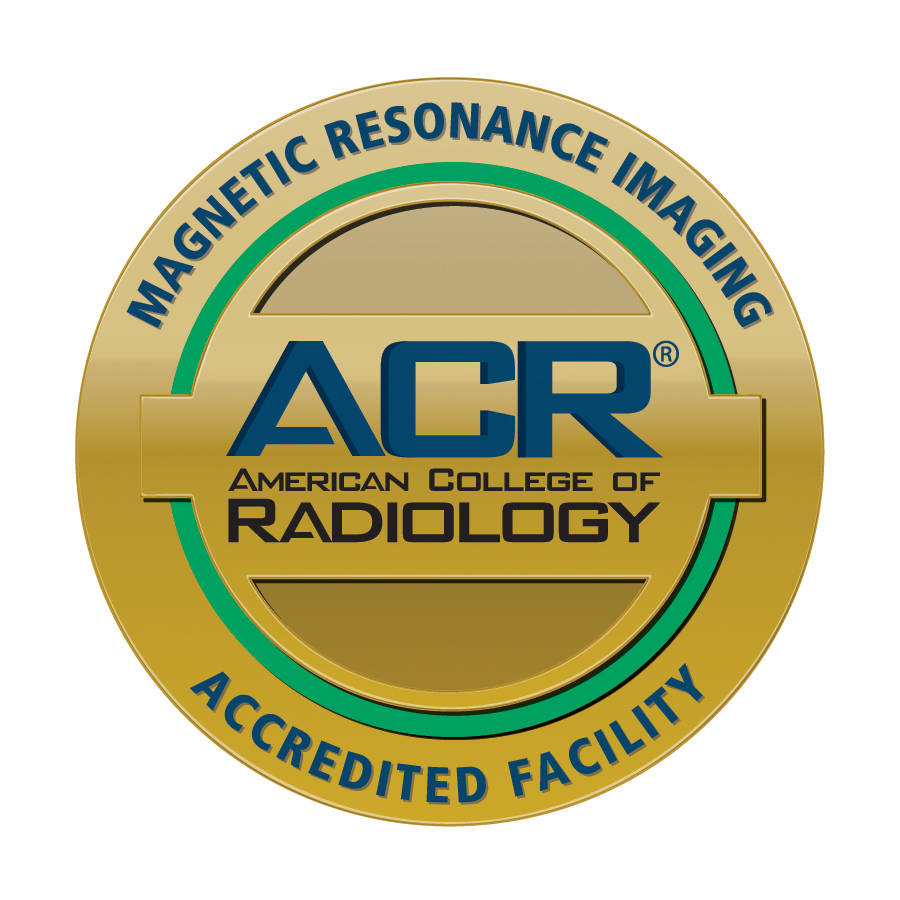Magnetic Resonance Imaging (MRI) has revolutionized medical diagnostics, providing detailed images of the body's internal structures without invasive procedures or ionizing radiation. However, for individuals with implants, undergoing an MRI can be a cause for concern. Implants such as pacemakers, joint replacements, or even metallic fragments from past surgeries can pose risks during an MRI scan if not properly managed. Understanding MRI safety guidelines and communicating effectively with healthcare providers is crucial for ensuring the safety and well-being of individuals with implants.
MRI machines utilize powerful magnetic fields, radio waves, and a computer to generate detailed images of the body. While this technology is generally safe, it can interact with metallic implants, potentially causing displacement, heating, or other complications.
Movement or Displacement: Ferromagnetic implants, such as certain types of pacemakers or aneurysm clips, can be attracted to the magnetic field, leading to movement or displacement within the body. This movement could damage surrounding tissue or interfere with the proper functioning of the implant.
Heating: Metallic implants may also heat up during an MRI scan due to interactions with the magnetic field. This heating can potentially cause burns or tissue damage, particularly in implants with components that are sensitive to temperature changes.
Image Distortion: Metallic implants can distort the MRI images, making it challenging for healthcare providers to interpret the results accurately. This distortion may obscure important details or lead to misdiagnosis.
To mitigate these risks, healthcare providers follow strict safety protocols when performing MRI scans on individuals with implants. Patients are typically screened for any metallic objects or implants before undergoing an MRI. Additionally, specific safety guidelines are followed to ensure the well-being of patients with implants:
Implant Compatibility: Not all implants are compatible with MRI machines. Patients should inform their healthcare providers about any implants or metallic objects in their body before scheduling an MRI. In some cases, alternative imaging modalities may be recommended.
MRI-Compatible Implants: Manufacturers have developed MRI-compatible versions of certain implants, such as pacemakers and joint replacements. These implants are designed to minimize the risks associated with MRI scans, although precautions still need to be taken.
Patient Monitoring: During an MRI scan, patients with implants are closely monitored for any signs of discomfort or adverse reactions. Healthcare providers remain vigilant to ensure the safety of the patient throughout the procedure.
Expert Consultation: In complex cases or when uncertainty exists regarding implant safety, healthcare providers may consult with specialists, such as radiologists or implant manufacturers, to assess the risks and determine the best course of action.
Effective communication between patients and healthcare providers is essential for ensuring MRI safety for individuals with implants. Patients should:
Provide Detailed Medical History: When scheduling an MRI, patients should provide a comprehensive medical history, including details about any implants, surgeries, or metallic objects in their body.
Ask Questions: Patients should not hesitate to ask questions or express concerns about MRI safety. Understanding the risks and precautions can help alleviate anxiety and ensure informed decision-making.
Follow Instructions: Patients should carefully follow any instructions provided by their healthcare providers before, during, and after the MRI scan. This may include fasting before the procedure or removing certain clothing or accessories that contain metal.
Report Any Issues: If patients experience any discomfort or unusual sensations during the MRI scan, they should immediately inform the healthcare team. Prompt reporting allows for timely intervention and prevents potential complications.
Connect with us to learn more about how the AV Imaging team can help!

